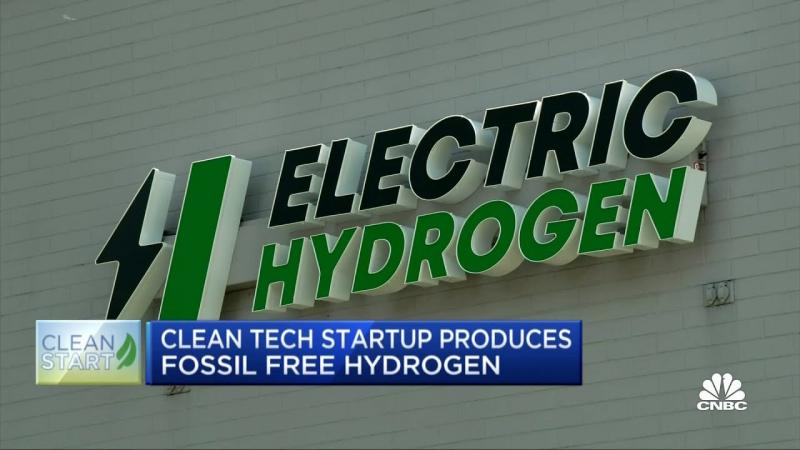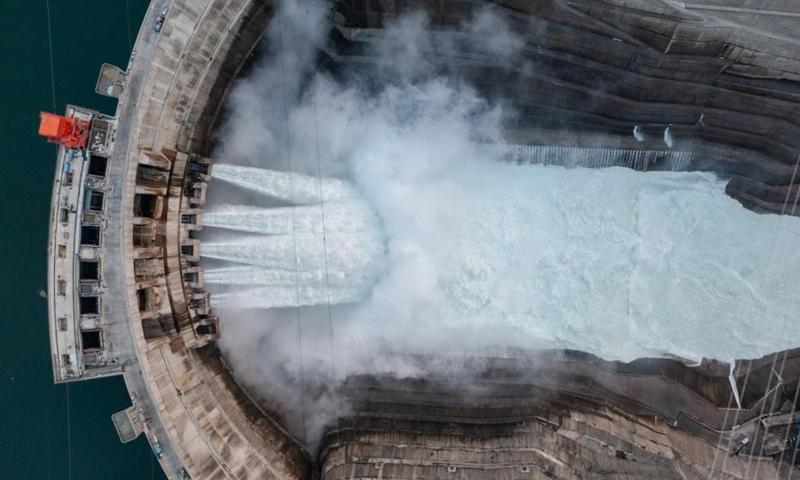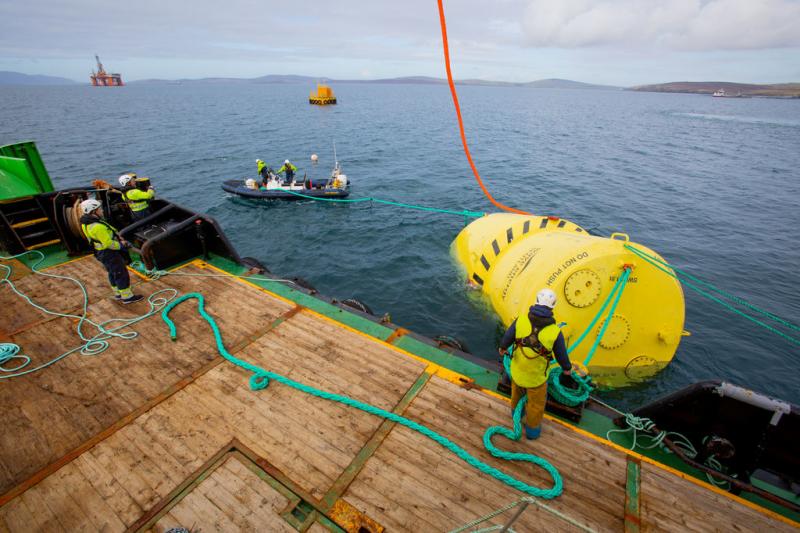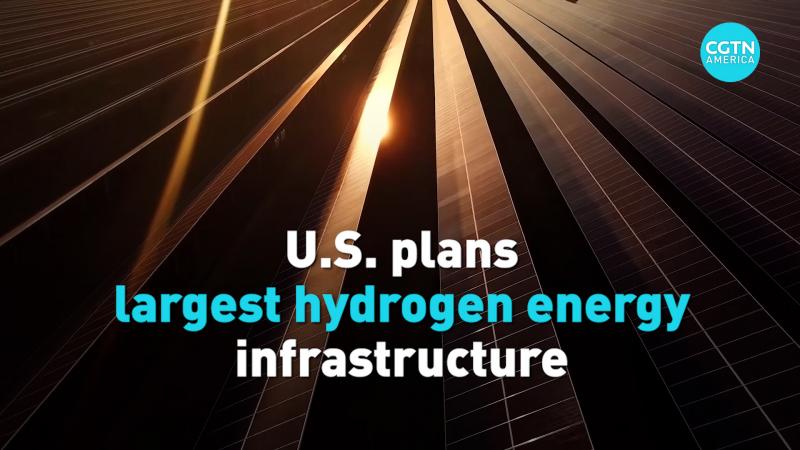In order for the Bakken Shale to continue growing oil production, natural gas capture and processing capacity must catch up to the increasing volumes of the associated product.
To address the problem, Oneok, a midstream company based in Tulsa, Oklahoma, announced plans to add 200 MMcf/d of processing capacity at its Bear Creek facility.
"The Bear Creek plant expansion in North Dakota will provide needed processing capacity for producers actively developing the high-growth area of Dunn County while also helping to address natural gas flaring in the state," Oneok CEO Terry Spencer said.
About 19%, or 536 MMcf/d, of the estimated 2.82 Bcf/d of gas produced in North Dakota was flared in May, according to the latest data from the North Dakota Industrial Commission. About 423 MMcf/d was flared due to challenges or constraints on existing gathering systems. The remainder was flared from wells with zero sales.
"We are now at 1.39 million b/d [of oil production], just below the record of 1.4 million b/d set in January, and that is with a lower rig count than we had one year ago, due to technological gains," North Dakota Lieutenant Governor Brent Sanford said.
"The only thing keeping us from setting a new oil production record is our gas production. It is outpacing our oil production and makes it difficult to meet our gas capture goals. The gas-to-oil ratio continues to rise as producers better understand the shale," he added.
The Bear Creek expansion and related infrastructure in Dunn County, North Dakota, are expected to cost about $405 million and be completed in the first quarter of 2021. The expansion is supported by acreage dedications with primarily fee-based contracts.
Oneok's Williston Basin gas processing capacity will increase to more than 1.6 Bcf/d following the completion of the Bear Creek expansion. The expansion is expected to produce about 25,000 b/d of natural gas liquids in ethane rejection, resulting in 225,000 b/d of raw feed contracted since the announcement of the Elk Creek Pipeline. Over the next two years, midstream companies working with producers are expected to add more than 1 Bcf/d of new processing capacity in the Bakken, according to data from S&P Global Platts Analytics. Crestwood Energy Partners, Kinder Morgan and a collaboration between Targa and Hess are bringing on the rest of the processing capacity.
Also, Bakken Midstream, a company formed earlier this year, plans to develop strategies to increase gas capture. CEO Mike Hopkins, an entrepreneur from Alberta Canada, has led or participated in the development of over $12 billion in gas-based infrastructure.
"Bakken Midstream believes that Alberta, Canada, provides a case study in what is possible for North Dakota and how the region and all of its constituents can thrive over time with proper planning, investment, management and leadership," the company said.
Alberta has limited flaring to 3% due to the development of gas and NGL infrastructure.
Bakken internal rates of return currently rank fourth in the nation at 23.9%, about 10 percentage points below the Permian-Midland, according to Platts Analytics. Platts Analytics' IRRs are based on a half-cycle before tax analysis, which excludes sunk costs such as acreage acquisition, seismic and appraisal drilling.







